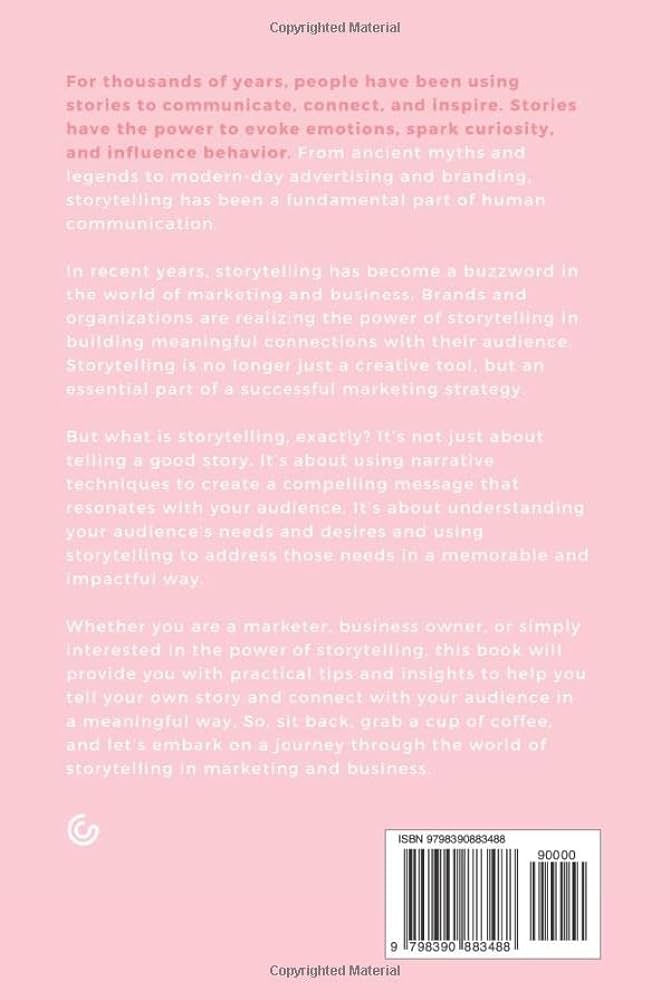How Trust Makes You a Confident Speaker?
Public speaking, for many, is an art of transformation. It can change ordinary individuals into charismatic, confident communicators. However, achieving this transformation often requires mastering a subtle yet essential skill: the ability to trust both yourself and your audience. In this blog post, we’ll delve into the dynamics of how trust makes you a confident speaker and explore why trust plays a pivotal role in this journey.
The Fear of Public Speaking
It’s a common phenomenon: many individuals, regardless of their background or experience, grapple with the fear of public speaking. Standing in front of an audience, whether it’s a small group or a large crowd, can trigger anxiety, self-doubt, and even physical symptoms like nervousness and sweaty palms. But why is this the case?
The fear of public speaking often stems from a variety of factors:
- Fear of Judgment: We fear being evaluated and judged by our audience. We worry that our ideas may not be well-received, that our performance will be critiqued, or that we may make mistakes.
- Self-Doubt: Many of us doubt our own abilities and question whether we have the necessary skills to be effective speakers. We often underestimate ourselves and our capacity to deliver a message effectively.
- Perfectionism: We place immense pressure on ourselves to be flawless in our delivery. This perfectionism can lead to excessive stress and fear of making even minor mistakes during our speech.
- Uncertainty: Uncertainty about how the audience will react or whether they will be engaged can create anxiety. We worry about losing the audience’s attention or failing to connect with them.
Given these fears and anxieties, it’s clear that mastering the art of public speaking requires more than just developing communication skills. It necessitates building trust both in yourself and in your audience.
How Trust Makes You a Confident Speaker?
Becoming a confident speaker is an art that transcends mere words—it’s a testament to the power of trust. In the realm of public speaking, trust serves as the unshakable foundation upon which self-assurance is built. When you trust yourself, your abilities, and your message, your words resonate with conviction and authenticity. Equally vital is the trust you place in your audience, knowing that they are eager to receive your insights. This unspoken pact of mutual trust empowers your voice to transcend the fear of judgment, transforming anxiety into assurance. This article explores how trust, both in yourself and in your audience, is the catalyst for confident and impactful public speaking.
Trusting Yourself
Trusting yourself is the foundation of confident public speaking. It’s the unwavering belief in your abilities and the courage to be authentic. This trust enables you to step onto the stage with confidence, connect with your audience, and share your message with impact. In the world of public speaking, self-trust is your most powerful ally.
1. Self-Confidence:
Self-confidence is the cornerstone of becoming a confident speaker. To trust yourself, you must first believe in your abilities. Here’s how you can boost your self-confidence:
- Preparation: The more you prepare, the more confident you’ll feel. Know your subject matter, organize your content, and practice your speech until you’re comfortable with it.
- Positive Self-Talk: Replace self-doubt with positive affirmations. Remind yourself of your strengths and capabilities. Visualize success, and focus on your past accomplishments.
- Practice: Practice makes perfect. Rehearse your speech in front of a mirror, record yourself, or seek feedback from trusted individuals to improve.
2. Authenticity:
Trust in yourself also means being authentic. Trying to be someone you’re not or emulating other speakers can erode your confidence. Authenticity is a magnetic quality that draws people in. Embrace your uniqueness, and let your true self shine through.
- Be Genuine: Share your real thoughts, experiences, and emotions. Authenticity builds trust with your audience and makes you more relatable.
- Accept Imperfection: It’s okay to make mistakes. No one is perfect. Acknowledge that and learn from any errors you make.
3. Mindfulness:
Mindfulness can help you stay present during your speech, preventing anxiety about the past or future. This technique is particularly helpful for controlling nervousness.
- Breathing Exercises: Focus on your breath to stay grounded. Deep, deliberate breaths can calm your nerves and help you stay centered.
- Stay in the Moment: Concentrate on your message and your audience. When you’re fully present, you’re less likely to get lost in self-doubt.
Trusting Your Audience
In the realm of public speaking, trusting your audience is a fundamental pillar of success. It’s the unwavering belief that your listeners are not there to critique, but to connect and learn. In the next few paragraphs, we’ll explore the profound impact of this trust on your journey to becoming an influential and confident speaker.
1. Realize They Want You to Succeed: One of the keys to trusting your audience is understanding that they are rooting for you. Most people in your audience genuinely want you to do well and deliver a valuable message. They’re not there to criticize; they’re there to listen and learn. Building trust in your audience involves:
- Empathy: Put yourself in your audience’s shoes. Imagine what they hope to gain from your speech. Understanding their perspective can reduce anxiety and foster trust in your audience.
- Connect Emotionally: Share stories or experiences that resonate with your audience. Emotional connections build trust and engagement. When your audience can relate to you on a personal level, they are more likely to trust your message.
2. Engage Your Audience: Active audience engagement can alleviate anxiety by making your audience feel like a part of the conversation. When they’re actively engaged, you’ll feel more supported and less judged. Here’s how to engage your audience effectively:
- Eye Contact: Maintain eye contact to establish a connection with your audience. It shows that you’re interested in them and helps build trust. When you look people in the eye, they feel seen and acknowledged.
- Interactivity: Encourage questions, polls, or discussions during your speech. Interactivity makes your audience feel involved and valued. When they actively participate, they invest in your message and are more likely to trust you.
3. Focus on Adding Value: Shift your focus from yourself to your audience. Your goal is to provide them with valuable information, insight, or inspiration. When your intention is to help and serve, trust in your message and in your audience naturally follows:
- Audience-Centric Content: Craft your content with the audience’s needs and interests in mind. This focus ensures that your speech will be well-received and trusted.
- Deliver with Passion: Speak about your subject matter with genuine enthusiasm and passion. When your audience senses your passion, it’s easier for them to trust your message. Passion is contagious and inspiring.
The Power of Trust in Public Speaking
In the world of public speaking, trust is the cornerstone of success. Trust in yourself fuels self-confidence, authenticity, and mindfulness. Trust in your audience fosters connection, engagement, and a focus on adding value. When these two forms of trust work in harmony, they create the perfect conditions for you to become a confident and effective speaker.
It’s important to remember that building trust, both in yourself and in your audience, is a process that takes time and practice. Every speech you give, every interaction you have with an audience, is an opportunity to strengthen this trust. The more you practice, the more your confidence will grow, and the more your audience will trust and engage with your message.
In conclusion, public speaking isn’t about being a flawless orator; it’s about building trust. Trusting yourself and your audience is the key to becoming a confident speaker who can inspire, educate, and connect with others effectively. Embrace this trust, and you’ll unlock the transformative power of public speaking in your life.


